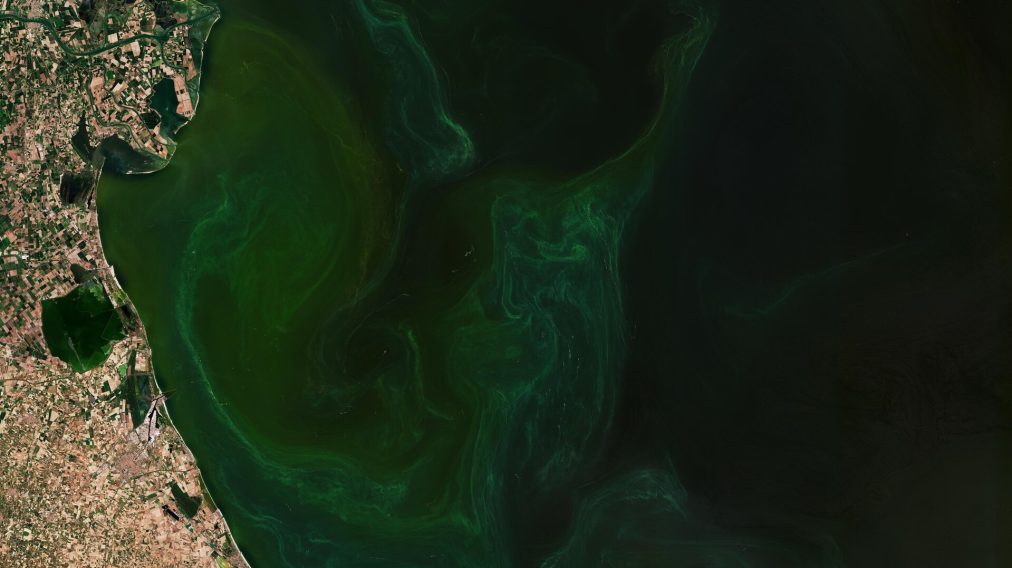A new study published in Geophysical Research Letters, and outcome of the CAREHeat project research, reveals how winter marine heatwaves (MHWs) in the North-Western Mediterranean Sea inhibit the spring bloom of phytoplankton, a critical element of the ocean’s ecosystem. Conducted by a team from the National Research Council of Italy (CNR-ISMAR) and other international collaborators, the study integrates data from autonomous BioGeoChemical-Argo floats, satellite observations, and oceanic models to show that these heatwaves disrupt the deep-sea nutrient cycling required for phytoplankton growth. This disruption results in up to a 70% decrease in phytoplankton carbon biomass in the spring, impacting not only the local marine food web but also the ocean’s role in carbon sequestration.
The study’s findings indicate that winter MHWs intensify the stratification of the water column, effectively blocking the upward movement of nutrients from deeper waters to the surface, where large phytoplankton species usually bloom. Instead, smaller phytoplankton become more dominant, and water transparency increases, suggesting shifts in the marine ecosystem’s balance and potential downstream effects on zooplankton and fish populations. The researchers emphasize that as MHWs become more frequent with climate change, their impact on ocean productivity and carbon cycling could have far-reaching implications for marine biodiversity and global climate stability.
Read the full story published on ESA EO page.

